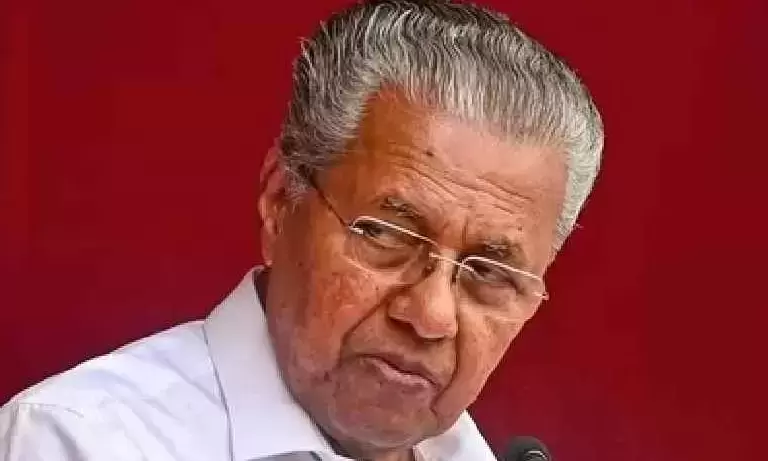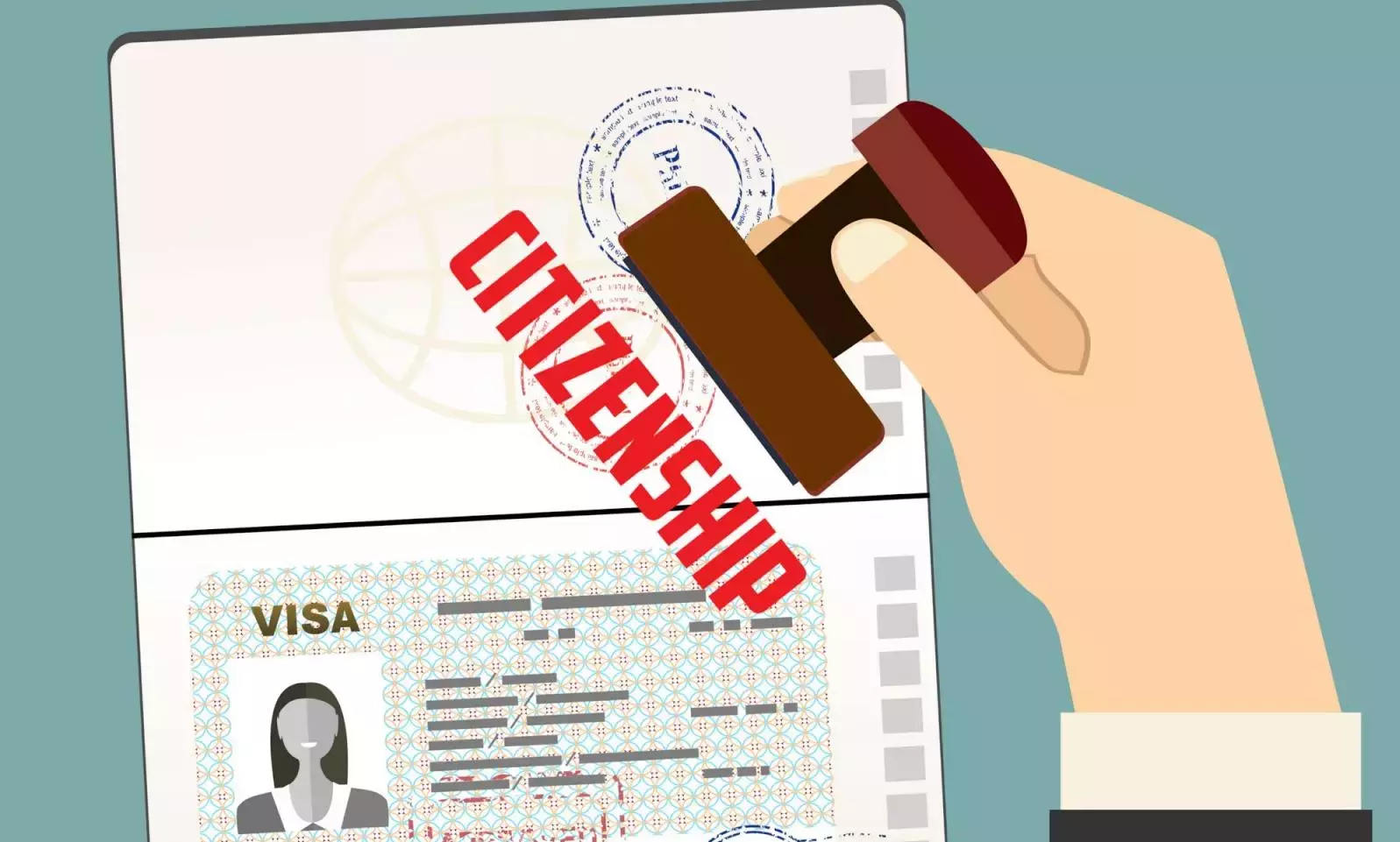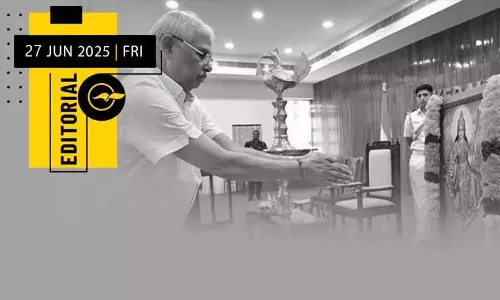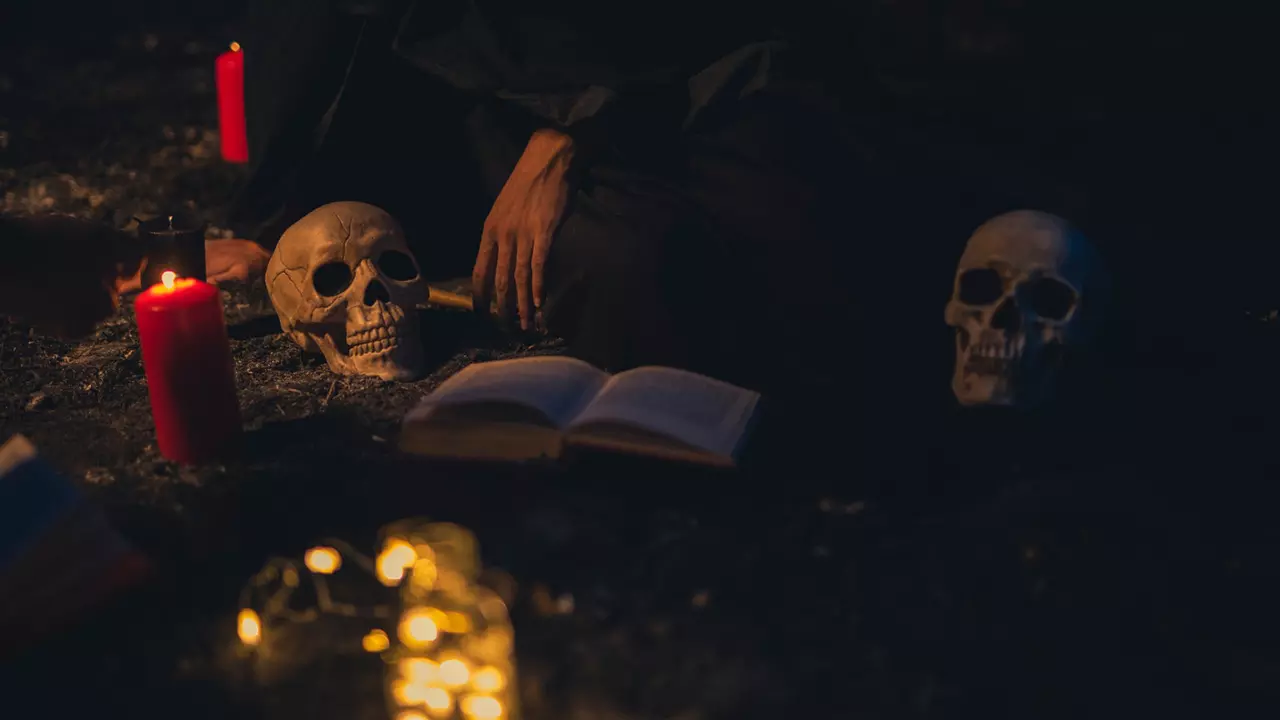
Kerala won’t enact black magic ban, says it’s a cabinet decision
text_fieldsKochi: The Left government in Kerala has informed the High Court that it will not proceed with enacting a law to ban black magic, sorcery, and other inhuman practices, citing a policy decision taken by the state cabinet.
In an affidavit filed before a division bench of the Kerala High Court, headed by Chief Justice Nitin Jamdar, the state submitted that a draft bill titled 'The Kerala Prevention and Eradication of Inhuman Evil Practices, Sorcery and Black Magic Bill, 2022' had been prepared based on recommendations from the Law Reforms Commission. However, after deliberations, the Council of Ministers decided on July 5, 2023, not to move forward with the proposed legislation.
The state argued that while the court may recognise the social concerns raised in the public interest litigation (PIL), it cannot direct the legislature to enact a law. “A writ of mandamus will not lie against the legislature directing it to legislate on a particular subject,” the affidavit stated.
In response, the High Court asked the state to clarify what steps it intends to take to control the practices of sorcery and black magic, especially in light of its stand that no legislative proposal is currently under consideration. The court observed that although the K T Thomas Commission had recommended such a law to curb inhuman and superstitious practices, the government had not acted upon the commission’s recommendations.
The court has now directed the state to submit a detailed affidavit within three weeks, outlining its plan to prevent black magic and sorcery in the absence of specific legislation.
The affidavit, filed on June 21, 2025, by the state's Home Department, reiterated that while the issue had been discussed by the Council of Ministers, the cabinet later decided not to proceed with the draft bill.
The High Court had earlier sought the government’s position after a PIL filed by the Kerala Yukthivadi Sangham called for legislation similar to laws passed in Maharashtra and Karnataka, aimed at banning harmful rituals conducted in the name of supernatural powers.
The PIL, originally filed in 2022, was dismissed in June 2023 due to the petitioner’s absence. It was subsequently restored, prompting the court to request an updated response from the government.
In its plea, the Yukthivadi Sangham pointed out that the Law Reforms Commission, chaired by retired Justice K T Thomas, had submitted a comprehensive report to the state in 2019 recommending legal measures in response to evolving social conditions. Among these was the 'Kerala Prevention and Eradication of Inhuman Evil Practices, Sorcery and Black Magic Bill, 2019'. However, the organisation claimed that the state had made no effort to act on the recommendations.
The PIL was filed in the aftermath of a ritual human sacrifice case in Kerala’s Pathanamthitta district, where two women were murdered by three individuals, including a couple, allegedly as part of a black magic ritual.
The petition also urged the court to declare that films, OTT content, serials, and telefilms featuring superstitious themes — including sorcery and occult practices — should be considered illegal unless they serve a legitimate artistic or socially beneficial purpose.
With PTI inputs
























